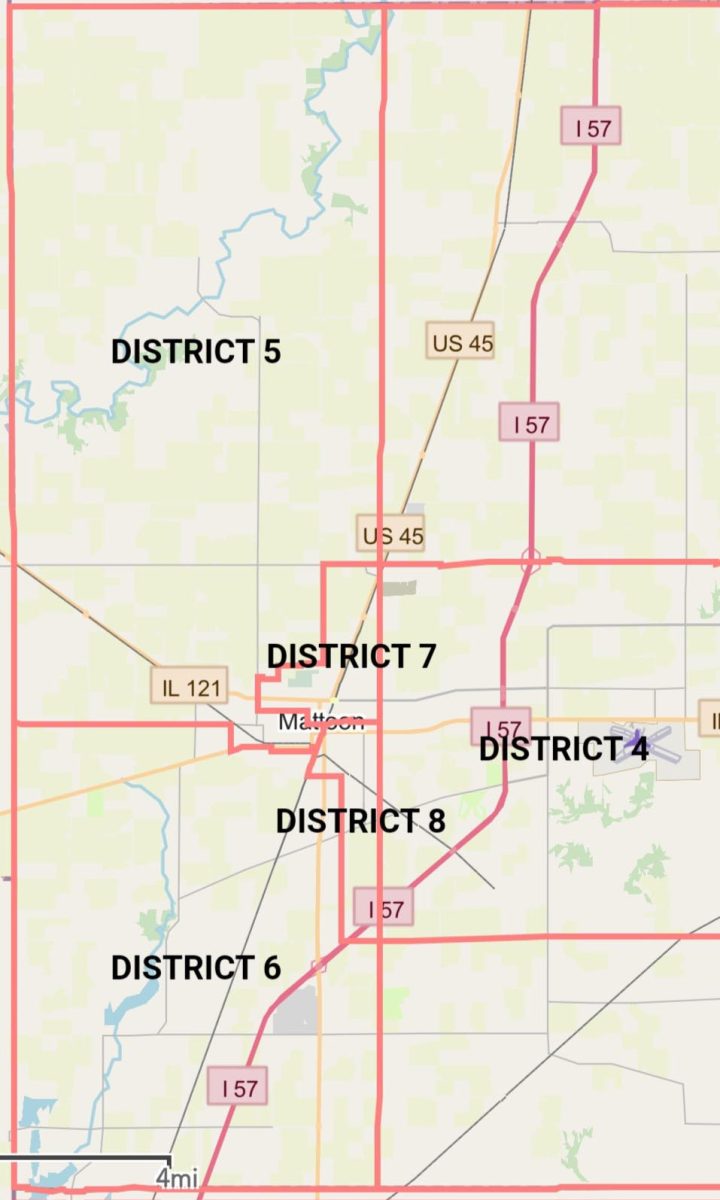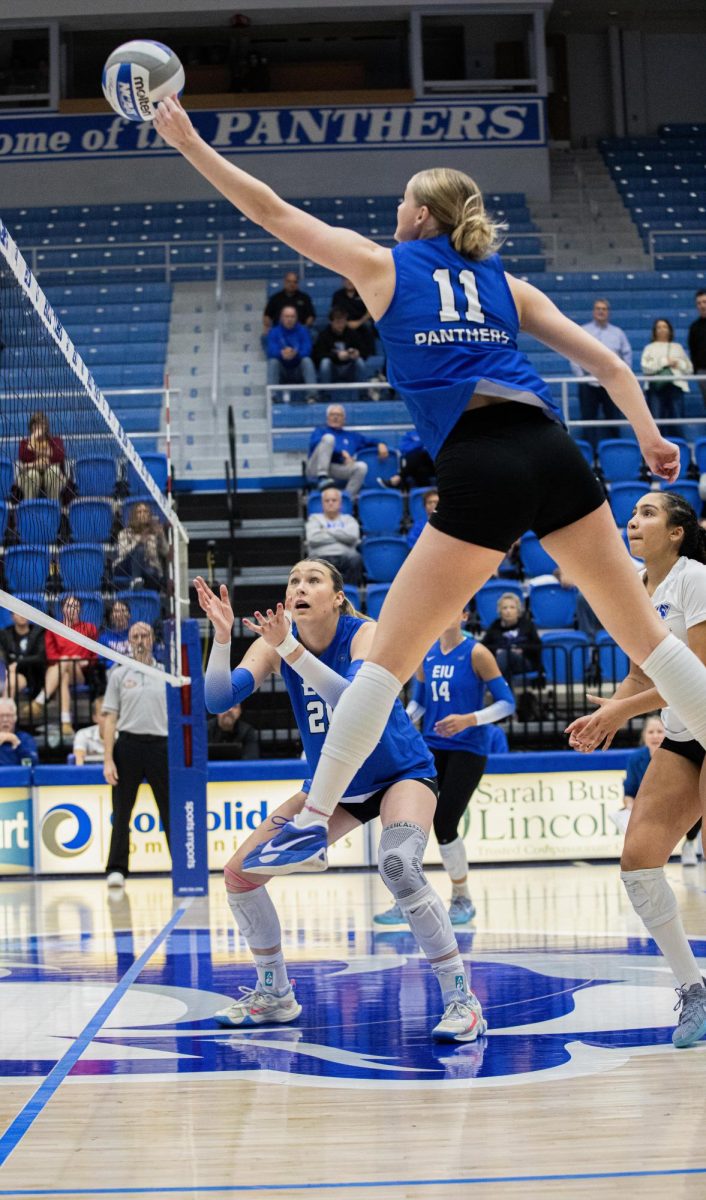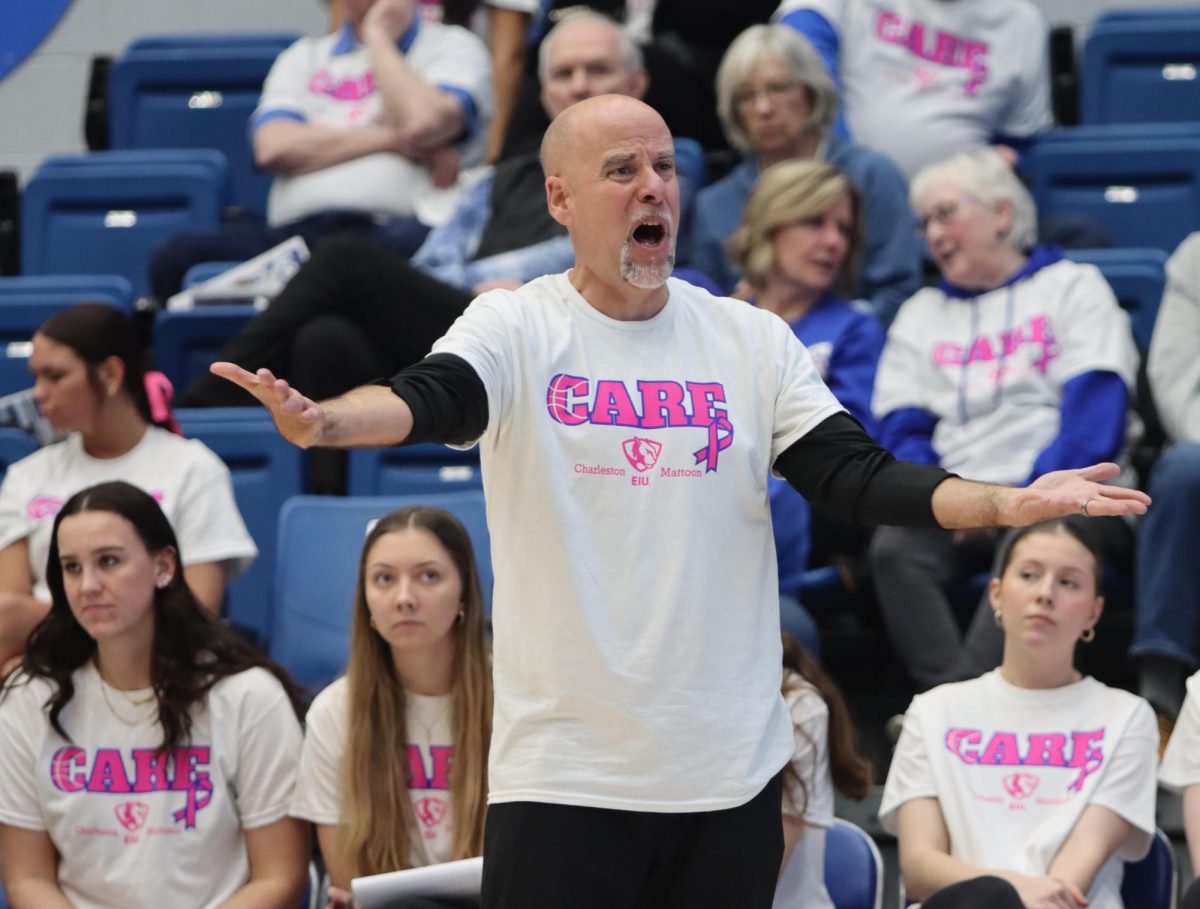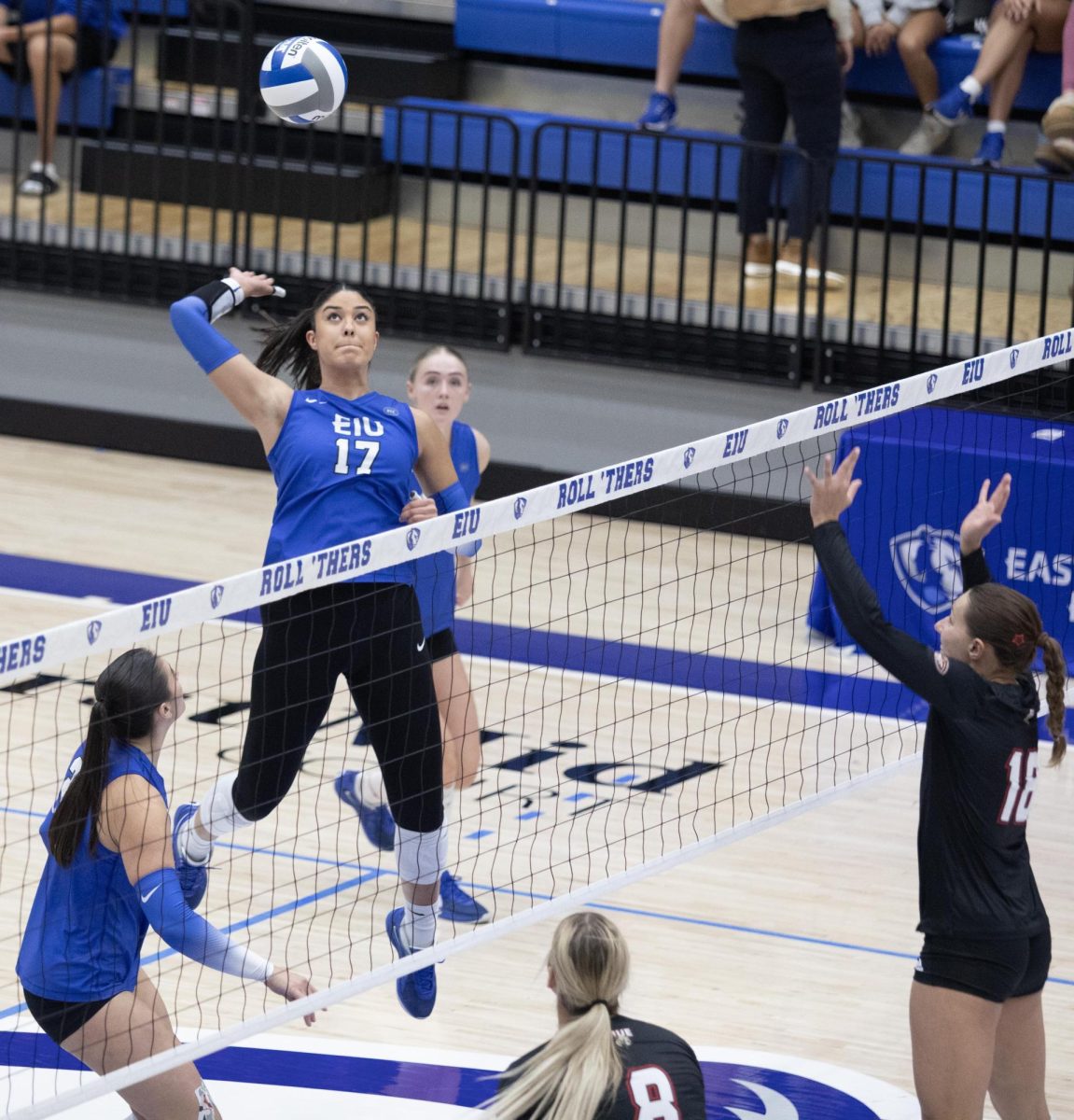CAA debates posting midterm grades
March 3, 2017
The Council on Academic Affairs debated on whether to require professors to post midterm grades in PAWS, after hearing a proposal policy presented by Karla Sanders, co-chair of the committee on retention efforts.
Sanders said the two main goals of the changes to the Internal Governing Policy grade policies were to make the wording of the document match the actual practice and create a requirement for professors to submit midterm grades for all their students.
“We see that a lot of students aren’t getting midterm grades and then they are failing at the end of the semester,” Sanders said. “If we can let them know what their grade is, maybe that provides a positive boost for students who are doing well, and maybe for students who think they are doing OK but they’re really not, it will provide the added oomph they need to seek help to talk to their instructor.”
CAA member Richard Wilkinson said that every faculty member he talked to in his department, family and consumer sciences, was opposed to the idea of requiring all faculty to submit all students’ midterm grades.
“They think students should just know what their grade is,” Wilkinson said. “It’s asking faculty to do more in a time when we’re already overburdened.”
Stacy Ruholl said another issue with the proposal is that midterms are due earlier than most professors can finish grading thorough midterm evaluations.
“Grades are due today at four o’clock for midterms for the D’s and F’s,” Ruholl said. “I just gave a huge case study midterm and there is no way I will have it graded by 4 p.m.”
CAA member Rebecca Throneburg said that while student retention is important, this proposal would be overkill.
“Midterm grades are often not done when midterm reports are due,” Throneburg said. “I think a midterm report could be misleading to students, actually. To say, ‘There’s a big test, there’s a big project that’s due around midterm that isn’t going to be graded for a couple weeks anyway.’”
CAA member Gregory Aydt said that his role as an advisor at 9th Street Hall helps him to see the student perspective.
“I certainly understand the faculty concern of workload and getting the grades done in a timely fashion,” Aydt said. “But I do know from the students’ side of things while it may seem like a lot of classes are on D2L and they should be able to know their grades at any time, it’s not necessarily the case and the grade that is in D2L is not necessarily accurate and up to date.”
After the feedback, Sanders chose to not have the changes to midterm section be voted on and just asked the CAA vote on the other goal of the proposal. Because of this, the item was unanimously approved. The CAA also approved the creation of an 18-credit Graphic Design minor, as well as revising the studio art minor from 25 credits to 18 credits.
The name of Organizational and Professional Development was approved to be changed to Organizational Development by the CAA, due to the fact the word “professional” made people think the program was a training program and not a degree program. The program’s core class requirements were changed from 12 to 18 credits, and its concentrations were eliminated.
Chrissy Miller can be reached at 581-2812 or clmiller9@eiu.edu.





































































